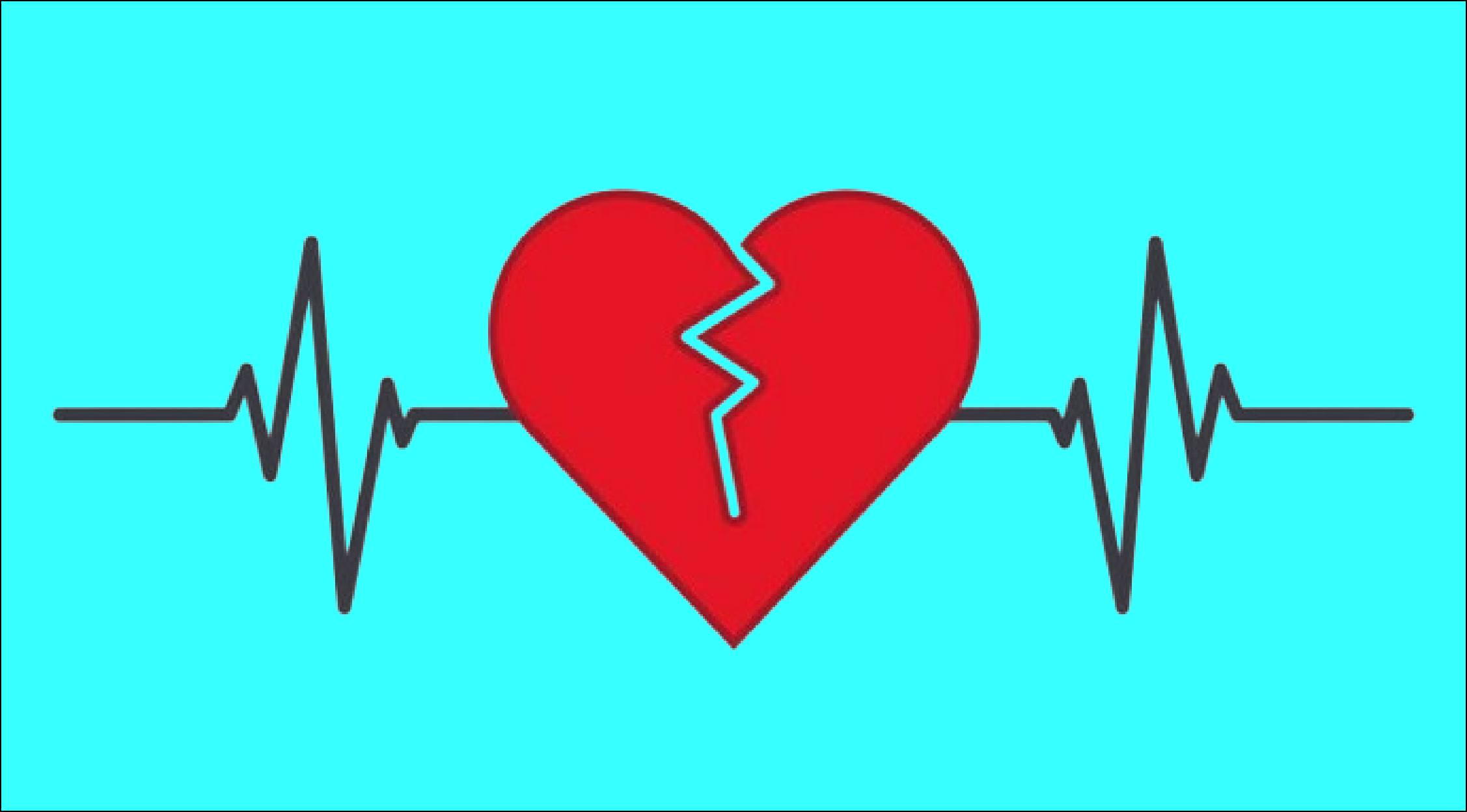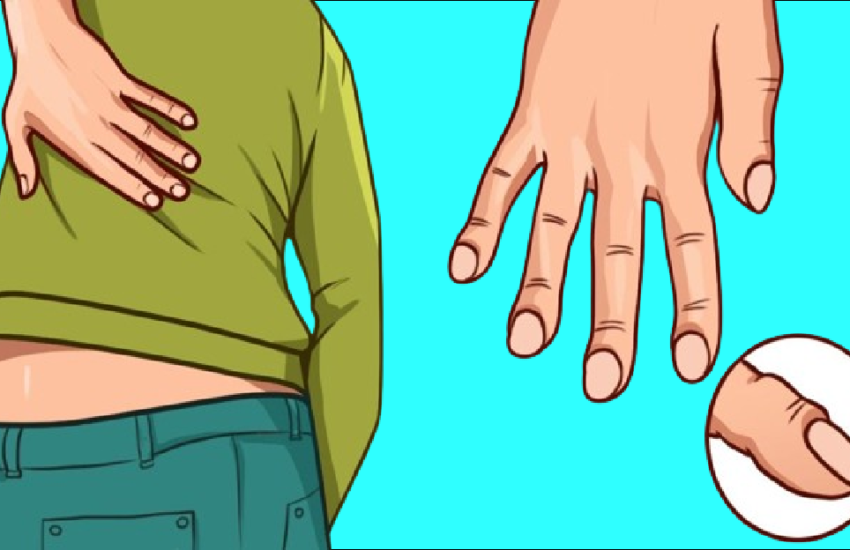The warnings your body sends you a month before you have a heart attack?
A heart attack, often viewed as a sudden event, can actually show warning signs long before it happens. Recognizing these symptoms can help individuals take preventive measures and protect themselves.
While obesity, lack of physical activity and smoking are known risk factors for heart attacks, understanding lesser-known symptoms may be crucial. The American Bright Side website identifies the most important indicators that may appear a month before a heart attack.
It’s important to stay informed without becoming overly concerned, especially if you are at risk. Many people ignore these signs, so awareness can make a big difference in early intervention.
Here are 8 symptoms that indicate a possible heart attack, ranked in reverse order of importance:
exhaustion:
Unusual fatigue, especially at the end of the day despite minimal physical or mental exertion, can be an important warning sign. This symptom is more common in women.
Internal pain:
Internal discomfort such as nausea, a feeling of fullness, or stomach upset, especially in attacks, can indicate an impending heart attack, especially among women.
insomnia:
Difficulty sleeping, accompanied by high levels of anxiety, can indicate an increased risk of heart attack or stroke, with insomnia being more common among women.
shortness of breath:
Feeling short of breath, dizzy, or unable to take a deep breath for a long time (up to 6 months before a heart attack) can be a serious warning sign that requires immediate attention.
Hair loss:
Significant hair loss, especially from the middle of the head, can be associated with an increased risk of heart attack, especially in men over 50 but also in some women.
Arrhythmia:
Sudden arrhythmia, beyond the normal heart rate, accompanied by panic or anxiety should not be ignored. This symptom can lead to dizziness and fatigue if not treated immediately.
Excessive sweating:
Unusual sweating that is not related to physical exertion or temperature changes, especially profuse at night, can be an early indicator of a possible heart attack, and is more common in women.
A feeling of discomfort in the chest, which extends to other areas such as the arms, jaw, neck or stomach, is a classic but crucial symptom of an impending heart attack, especially in men.
In addition, there are neglected indicators such as earlobe creasing, yellow spots in the inner eyelids, dull pain in the leg muscles while walking, hair in the ear canal (in men), and premature graying of hair (in men), which should also be monitored. . And monitor them closely to take preventive measures.
By recognizing these symptoms and seeking timely medical care, individuals can significantly reduce their risk of having a heart attack and improve their overall heart health.


